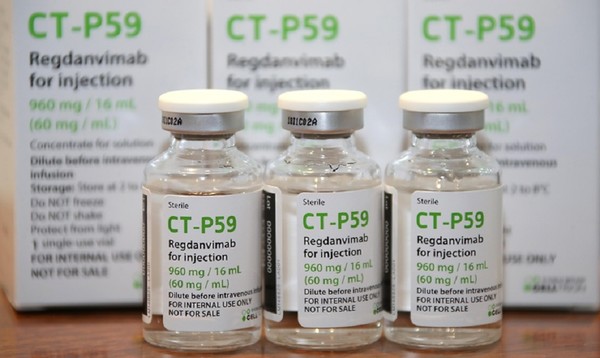Celltrion said that Swissmedic, Switzerland’s drug administration, has temporary authorization for Regkirona (ingredient: regdanvimab).

Celltrion submitted the results of large-scale global phase 3 clinical trials and preclinical data on various variants, including the Delta, to the Swissmedic, which granted temporary authorization for using the treatment for adult patients with confirmed Covid-19 who do not need supplemental oxygen and are highly likely to become seriously ill.
The approval in Switzerland comes after the company obtained similar status in various countries, including Indonesia, Brazil, Peru, and Australia. In addition, in Korea and the EU, Regkirona has won official product approval.
According to the Covid-19 statistics site Worldometer, the number of daily confirmed cases of Covid-19 in Switzerland stood at 14,761 on Wednesday. The figure is rapidly increasing due to the spread of the mutant virus.
Celltrion believes that the approval of Regkirona will help treat patients with mild and moderate Covid-19 in Switzerland.
“Based on the safety and efficacy proven through large-scale global clinical data of Regkirona, the company has obtained a temporary authorization from Switzerland’s health authorities,” a company official said. “We will do our best to contribute to alleviating the burden on the medical field due to the rapidly increasing number of cases in Switzerland with Regkirona.”
Celltrion confirmed the safety and efficacy of Regkirona with the results of a global phase 3 clinical trial conducted on 1,315 patients with mild and moderate Covid-19 in 13 countries around the world, including Korea, the U.S., Spain, and Romania.
In the high-risk group treated with Regkirona, the incidence of severe cases decreased by 72 percent compared to the placebo group. In addition, the clinical symptom improvement time was also shortened by more than 4.7 days.

